Christmas is a time for celebration – giving gifts, making our houses look sparkly and festive, and eating a lot of food. But can we do all these things in a way that is better for the planet, as well as for our wallets?
Every year at Christmas people in the UK create 30% more waste than usual, including an estimated 227,000 miles of wrapping paper and a whopping 114,000 tonnes of plastic packaging.
If you are anything like me you will feel a tinge of Christmas guilt alongside all the joy and cheer as you are surrounded by mounds of torn paper, and often gifts you didn’t really want in the first place! This year you may be feeling the urge to do things a bit differently.

If so, you are not alone. According to a survey by waste management company Biffa, 68.4% of respondents said that they would consider having a ‘greener Christmas’ by buying items which use less packaging or are made from recycled materials.
87% also said that they thought retailers should take more producer responsibility for the amount of waste they are generating.
Have a read through our pointers on how you can make every aspect of Christmas ‘greener’, from the tree to the turkey, without compromising on fun and cheer.
1
Eco-friendly Christmas decorations
Much of the cheap and sparkly decorations on offer in shops at this time of year are made from flimsy and un-environmentally friendly materials, meaning that they won’t last long and will need to be replaced year on year. Bad for the planet and the pocket!
There are however natural alternatives that are just as budget friendly. For example, instead of tinsel, which contains plastics that can’t be recycled, you could instead decorate your mantle pieces and bannisters with natural materials such as holly, ivy, and pine cones.
Ideas for festive decorations:
- Garlands, from BBC Countryfile Magazine
- Rustic bauble, from BBC Countryfile Magazine
- Napkins and place decorations, from BBC Countryfile Magazine
- Rosehip decorations, from BBC Gardener's World Magazine
- Table decoration, from BBC Gardener's World Magazine
- Pine cone star, from BBC Gardener's World Magazine
- Mistletoe garland, from BBC Gardener's World Magazine
- Dove tree topper, from Your Homestyle Magazine
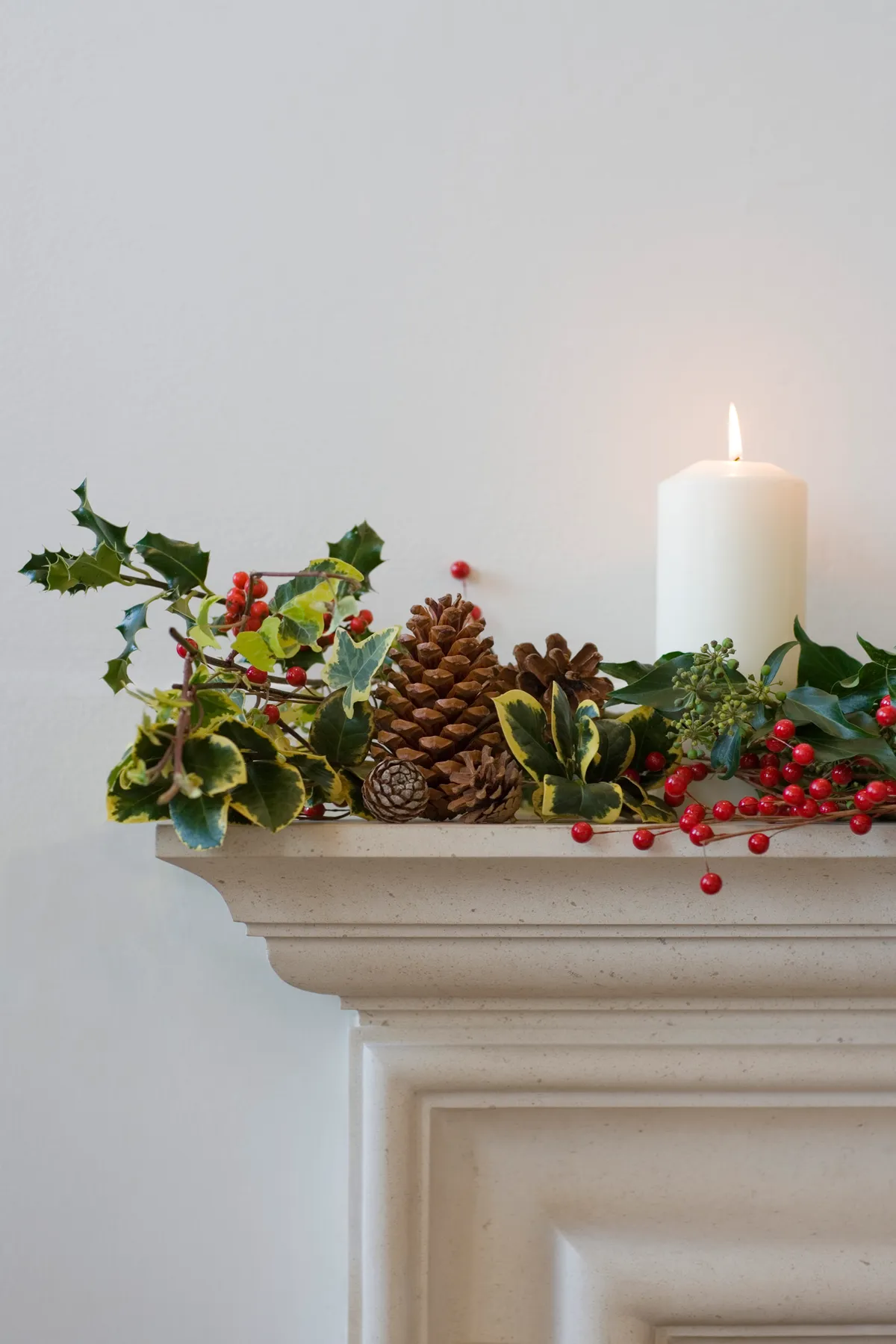
Or why not make some edible Christmas decorations! Hanging biscuits, gingerbread, and sweets can make a tasty alternative to baubles, as well as being a fun and festive family activity.
For your front door, why not make you own plastic-free wreath. You can even make it wildlife friendly.
Follow this guide from BBC Gardener’s World Magazine to make a wreath that your garden birds will love, or this guide from BBC Countryfile Magazine for a fully compostable wreath.
If you're opting for a real Christmas tree, Your Homestyle has some great advice on choosing and looking after it. They've even got Christmas tree decorating tips!
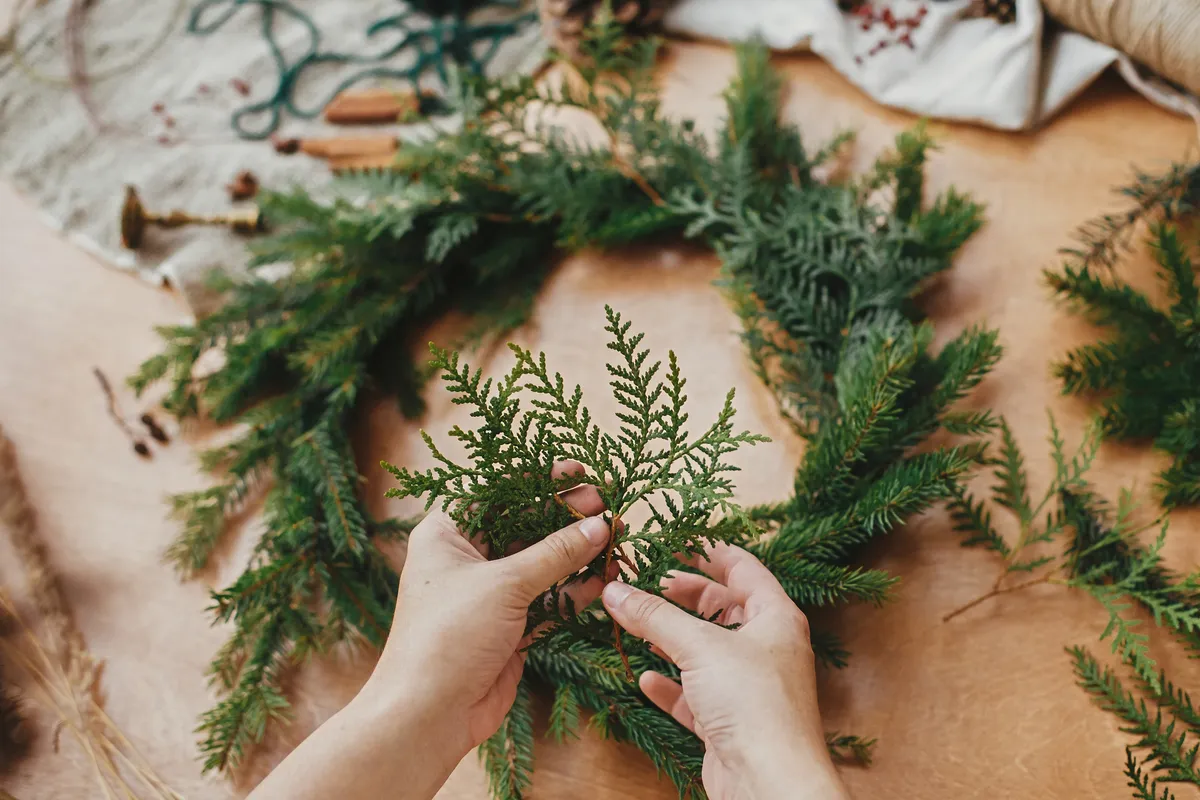
When it comes to lights, there’s a very easy way to be greener. Simply switching to LED Christmas lights will use 75% less energy than non-LED alternatives, and will last 25 times longer.
You might however want to reconsider outside decorative lights, as these sudden illuminations can cause stress and confusion for wildlife.
2
Sustainable and eco-friendly Christmas gifts
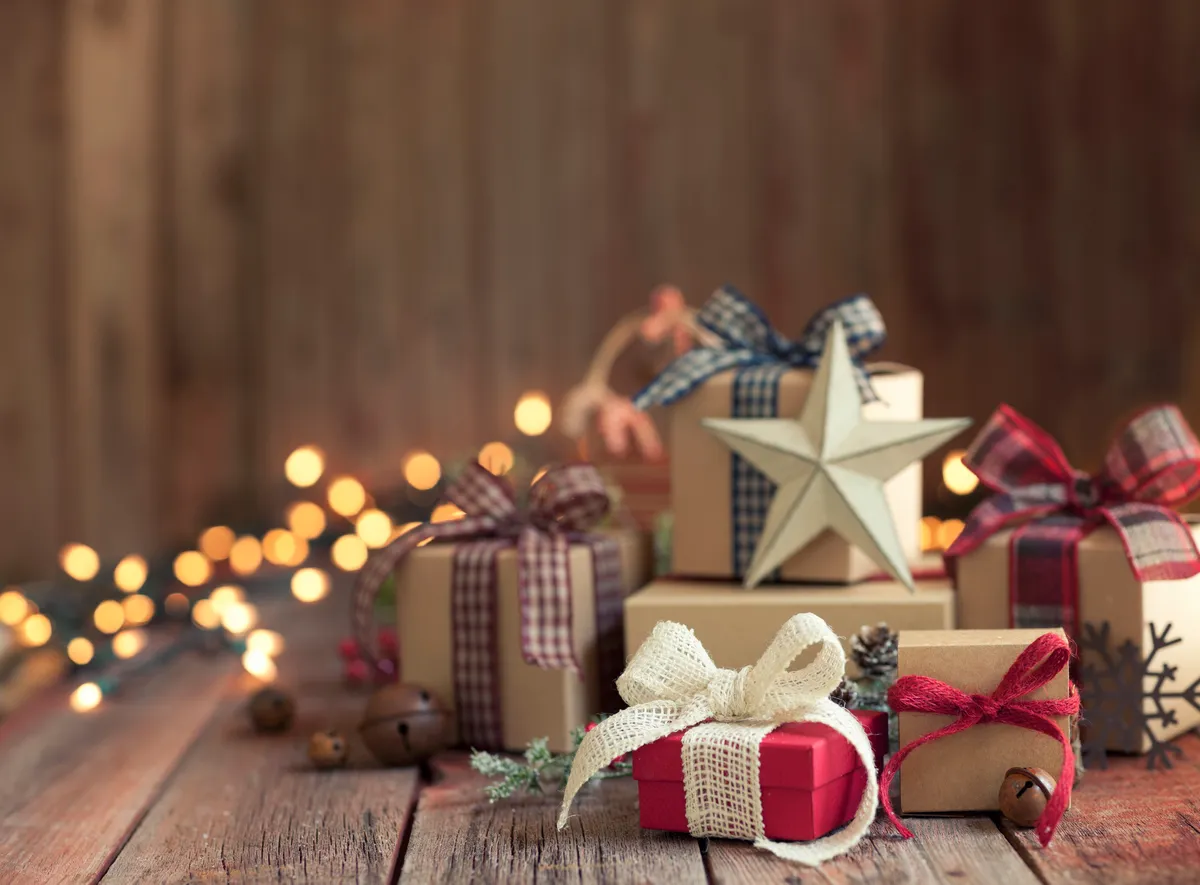
One of the best ways to make your Christmas more sustainable is to re-think the way you give gifts. Giving to loved ones brings great joy that we would not want to lose, but there are ways to capture this feeling without it costing the earth. We've got LOTS of amazing gift ideas for nature lovers if you're looking for ideas.
We are inundated with attractive offers and promotions at this time of year, but this can lead us to giving and receiving gifts that are superfluous and often end up languishing unwanted in cupboards.
One of the most sustainable changes we can make over Christmas it to avoid this urge to give as many material gifts as possible, and make sure instead to make every gift count.
Think in terms of quality rather than quantity and ask yourself “will the recipient get both joy and use out of this gift for years to come?”.
Consider supporting a wildlife charity when you buy a gift. If you don't have a shop near you, many wildlife charities have online shops.
And of course, you could always consider giving a magazine subscription as a gift! Check out BBC Wildlife's subscription offers – it's printed on FSC certified paper, and subscription copies are delivered in a paper wrapping! There's also the option of a digital subscription.
You could perhaps forgo materialism all together and give an experience as a gift – tickets to a show, a course or activity, or a charity membership for example. Research suggests that experiences provide more lasting happiness than objects after all.
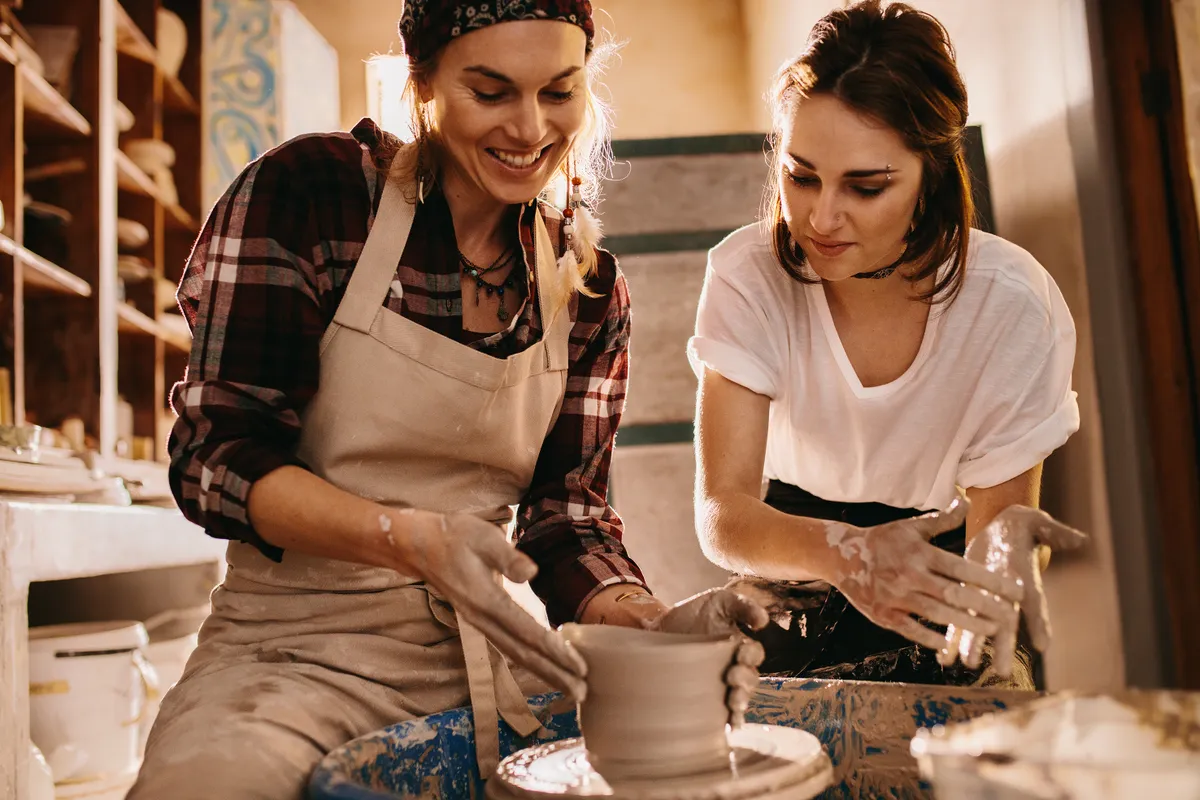
Donations to a favourite charity, perhaps a wildlife charity for your nature loving friends and family, can also make a very touching and thoughtful gift that actively helps rather than harms.
You could even go down the second-hand gift route. You can find some beautiful things in charity, antique, and vintage shops and this removes the environmental cost of manufacturing a new item, as well as giving an old object new life. If you are feeling crafty you could also give up-cycling a go, to make your second-hand gift more personalised.
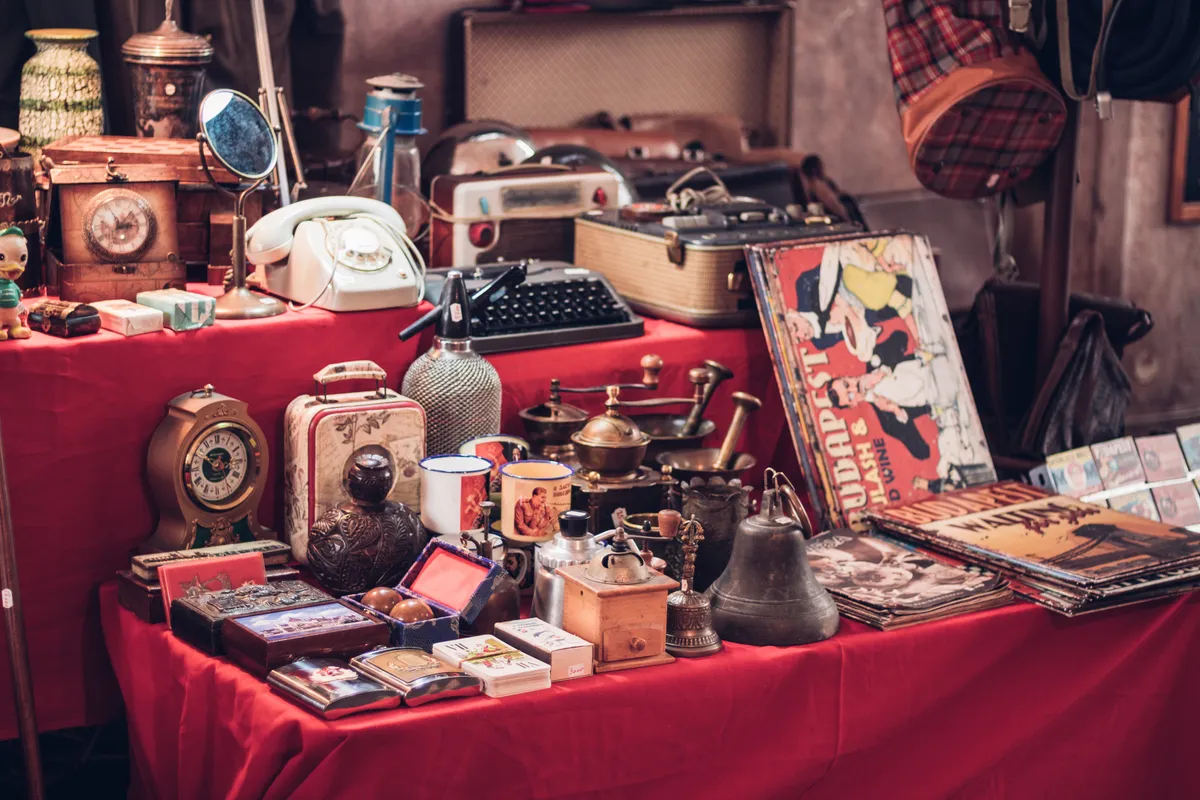
And, if you are feeling really crafty you can give home-made presents. Making or baking something beautiful or delicious for your loved ones is sure to impress them, as well as having a low impact on the environment.
Homemade wildlife friendly-gifts for nature lovers:
- How to make a bee hotel (pictured) – includes information on what to look for and what to avoid when buying a bee hotel
- How to make a pine cone feeder
- How to make a fat cake
- How to make a footprint trap
Perhaps you could try your hand at making some foraging recipes, such as blackberry vodka or sloe port?
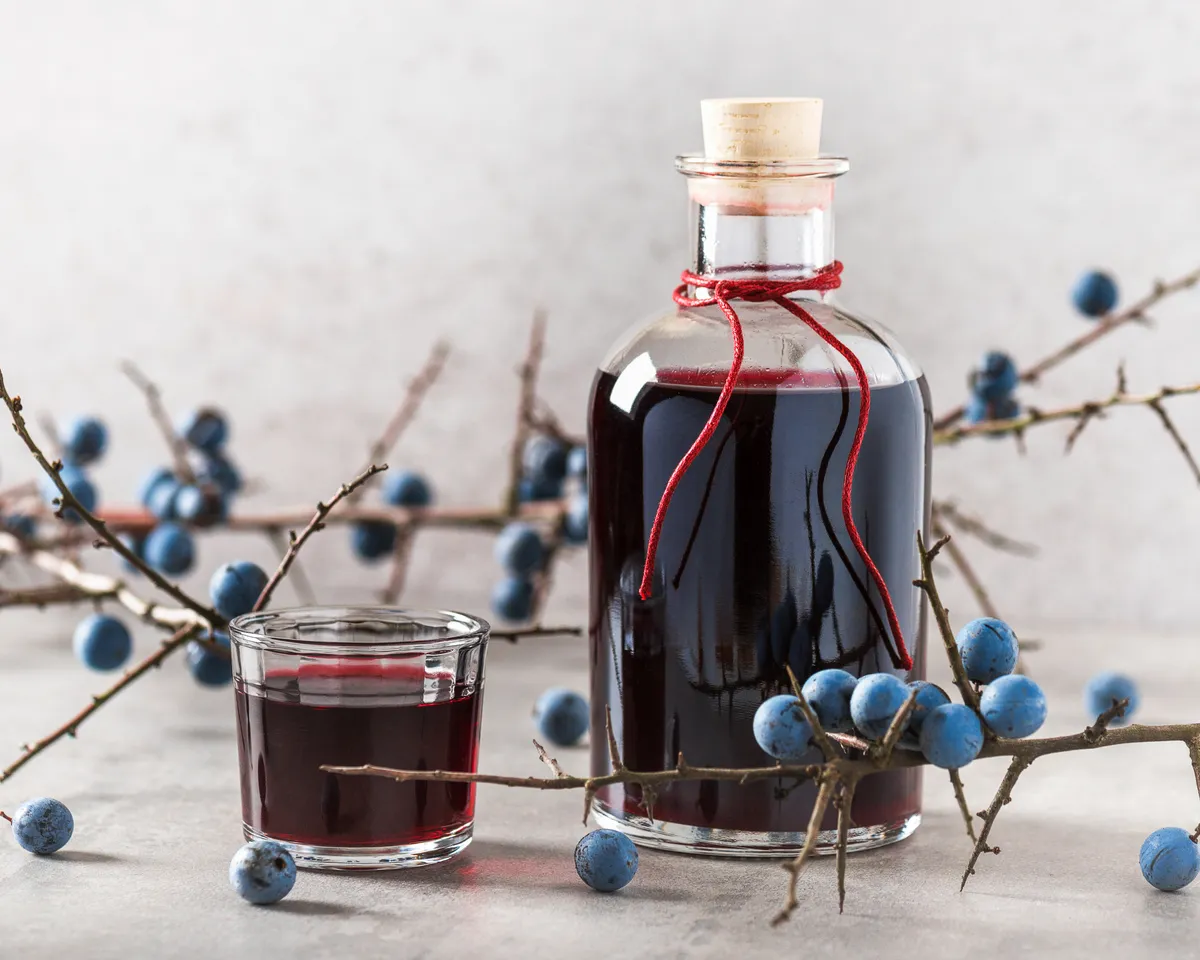
3
Eco-friendly Christmas gift wrapping
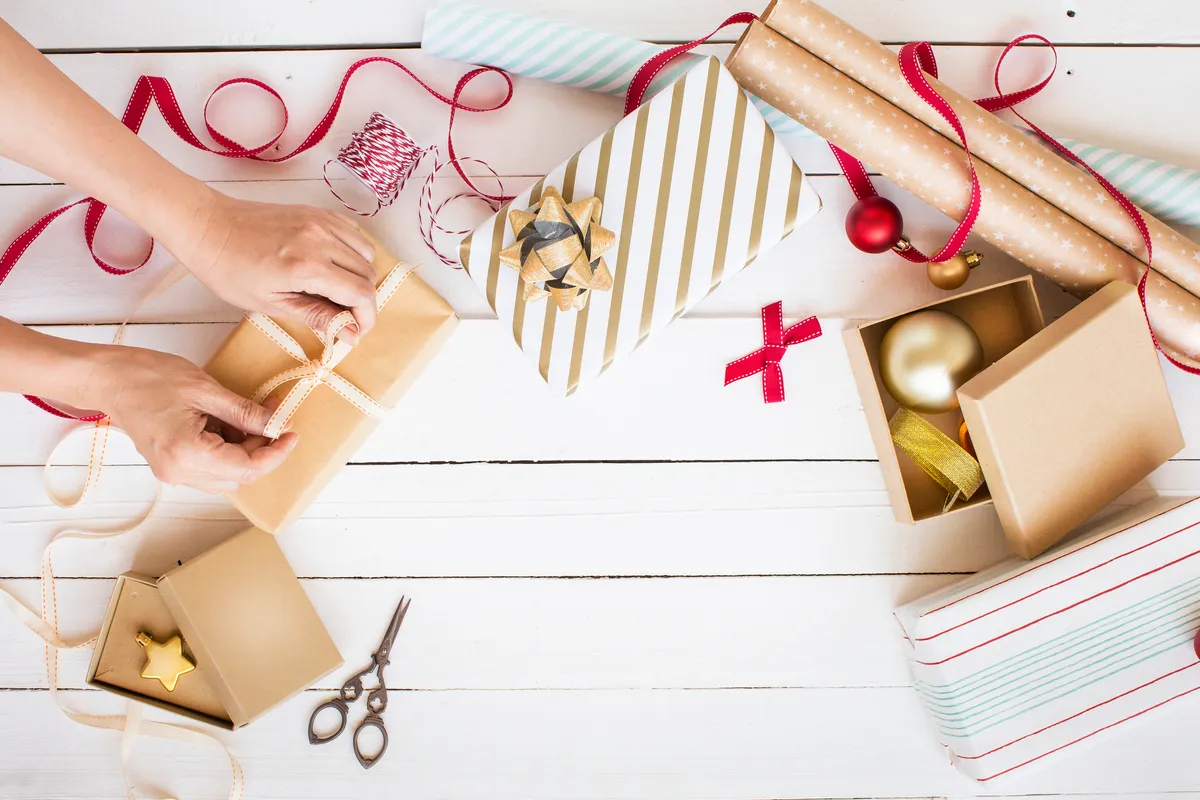
Every year we use enough wrapping paper to stretch around the planet 9 times, and as much as 83km2 of this will end up in our bins.
Making sure that you buy wrapping paper that is easily recyclable is one way to counteract this. Avoid those containing foil or glitter as these cannot currently be recycled.
Look for wrapping paper that is made from recycled paper or FSC certified paper.
More sustainable alternatives to traditional wrapping paper include newspaper, brown paper and string, old wallpaper, and posters.
You could even take inspiration from the Japanese art of furoshiki and wrap your gift in fabric. This can look beautiful, and if you use a scarf you can give two gifts in one!
If you're feeling really crafty, you could make your own naturally dyed wrap – check out this guide by BBC Countryfile Magazine.
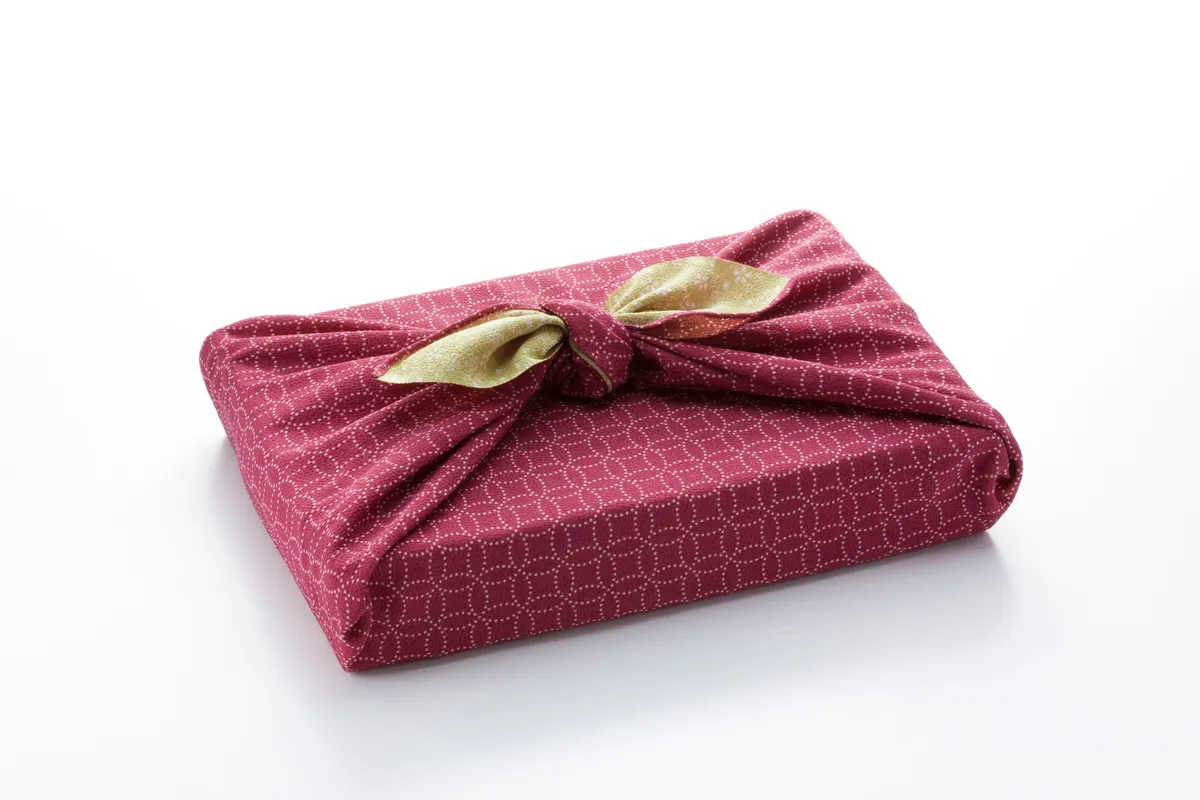
Another green tip is to give new life to last-years Christmas cards and use them as gift tags.
4
Wildlife-friendly Christmas cards
Speaking of Christmas cards, in the UK we throw away an estimated 1 billion of these away after the Christmas period every year. That’s a lot of trees worth!
As well as making sure the Christmas cards you buy are both made from recycled paper and are able to be recycled (no glitter or foil), or are made from FSC certified sources, you could have a go at making your own cards, perhaps even by repurposing those sent to you last year. Or, you could avoid paper altogether and send e-cards!
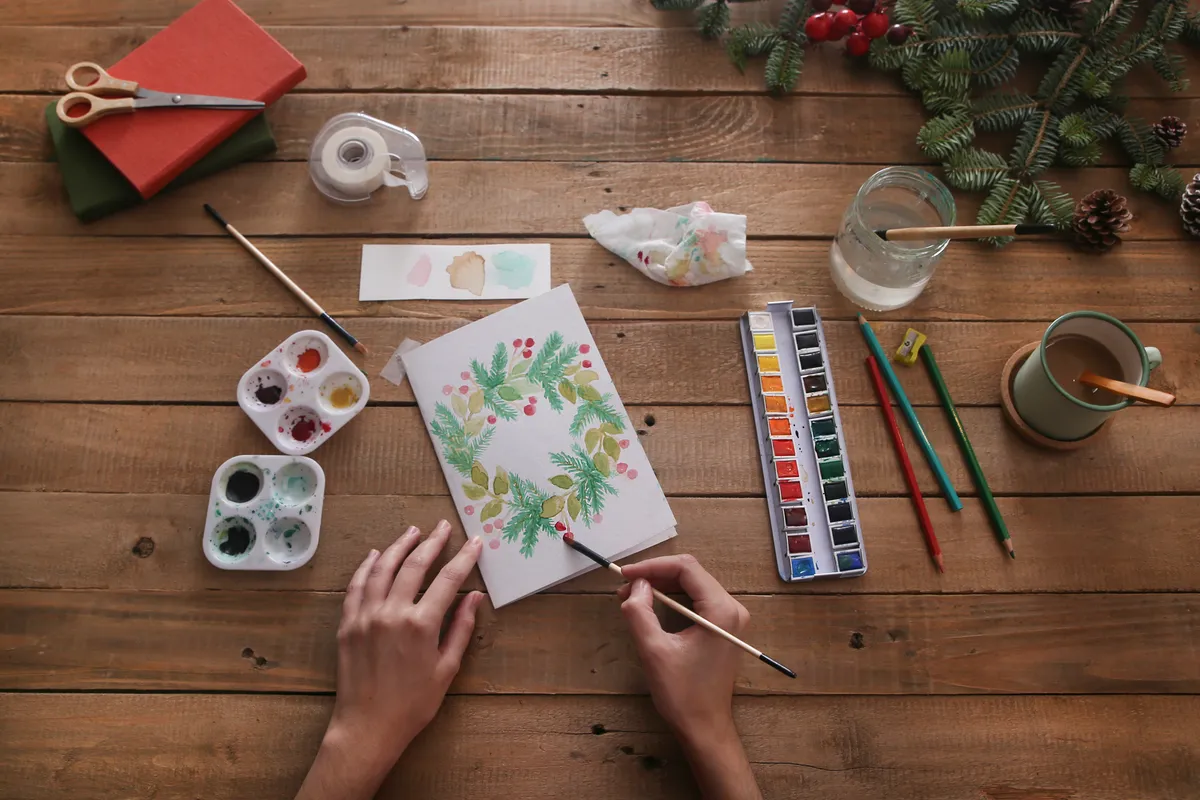
5
Sustainable Christmas food
Christmas is a time for indulgence, and even perhaps a bit of overindulgence, and so it should remain! However, there is no getting around the fact that food production is a major source of greenhouse gases, and a driver driver of climate change, deforestation and biodiversity loss.
According to the Soil Association "food is the single most important, everyday way for people to reduce their own environmental impact". How can we bring this ethos into our Christmas eating without compromising too much on our fun and flavour?
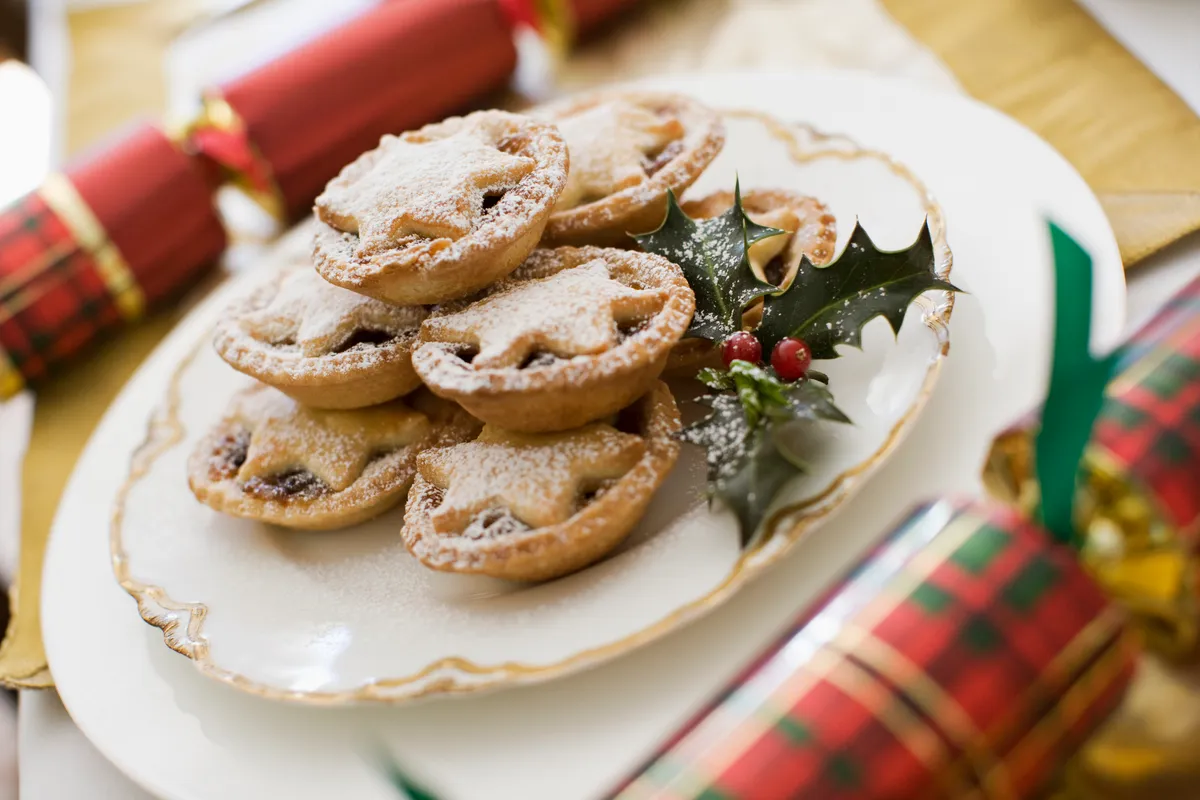
Reducing your meat and dairy intake
Although some people might contest that Christmas isn’t Christmas without turkey, research has found that avoiding meat and dairy is ‘single biggest way’ to reduce your environmental impact on the planet.
Thankfully, it is easier than ever to include vegan and vegetarian options, with a raft of meat and dairy substitutes out there, which can be now found in every supermarket. These alternatives have also improved, so it’s tastier than ever too!
Moreover, the rise of plant-based diets in recent years means that there are thousands of tasty festive recipes out there to choose from.
BBC Good Food Magazine has a particularly large range of delicious looking vegan and vegetarian recipes, such as parsnip, mushroom & barley wreath and beetroot & squash wellington.
However, vegan and vegetarian foods aren't an option for everyone. Those with food allergies, intolerances or digestion issues may already be on quite restricted diets. And some people just aren't ready to completely switch to meat-free and plant-based foods.
If it looks like you're unable to create a completely vegan or vegetarian spread, it's worth thinking how you can buy sustainable meat.
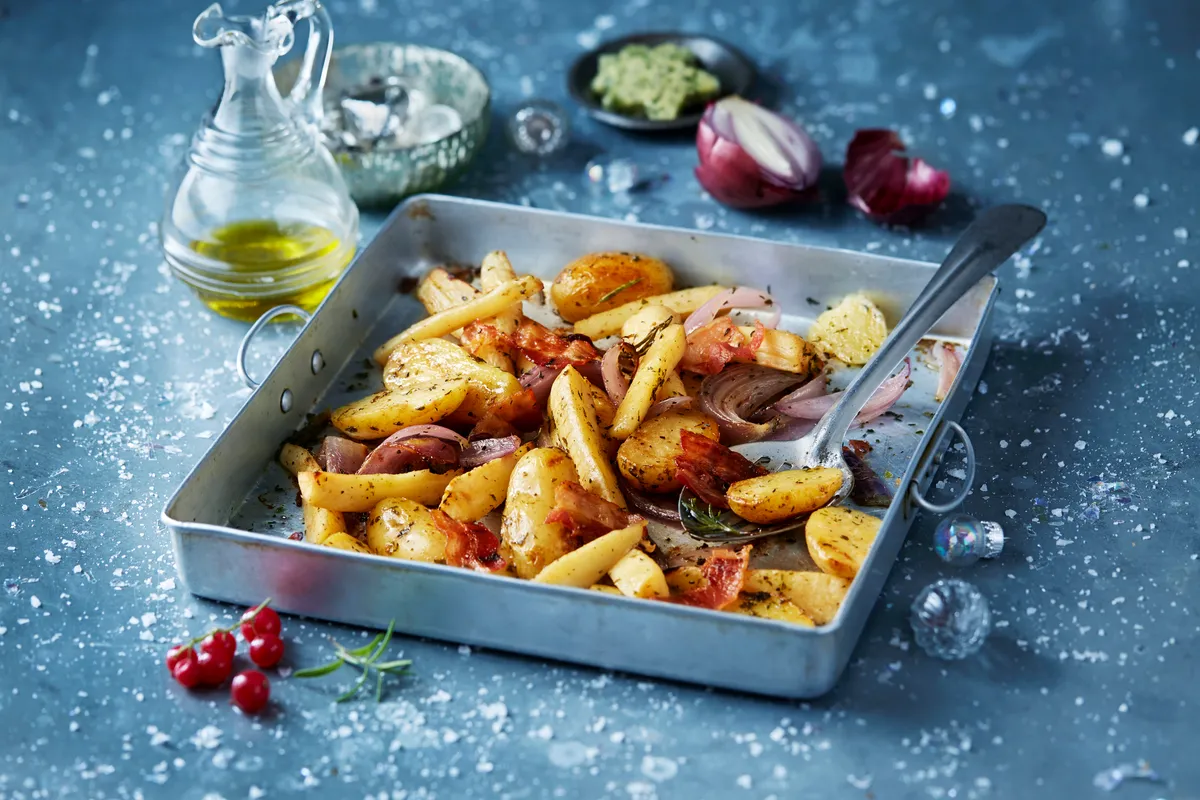
Buy local organic meat
If you just can’t do without the traditional meat however, try to get a turkey (or whichever meat you're opting for) that is locally bred, free-range, and organic. This supports small-scale farming and is better for the environment, as well as ensuring your turkey had a happier life before it was on your Christmas table.
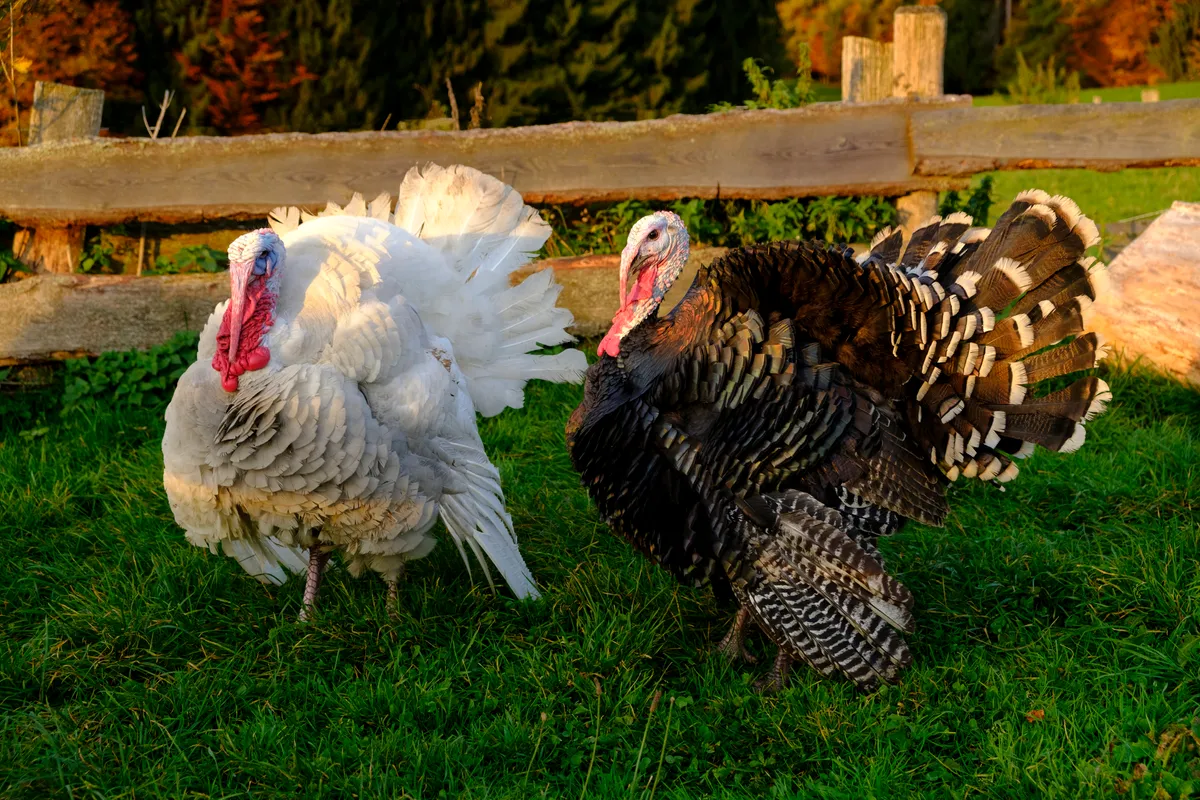
Cut your food waste
According to studies, not only do we consume 80% more food over the Christmas season than we do during the rest of the year, but we also throw £1 billion worth of it away.
Instead of throwing leftovers in the bin, try to make a new meal out of it to cut your food waste. BBC Good Food Magazine has a great list of Christmas leftovers recipes to choose from if you need inspiration.
Anything that you cannot freeze for another time, incorporate into a new dish, or even donate to a food bank or soup kitchen, or try to compost (check which foods you can and cannot compost – for example, cooked food will attract rodents).
6
Wildlife-friendly Christmas do's and don't's
Don’t put out ‘reindeer food’ that contains glitter and sequins. This is bad for garden wildlife!
Do recycle whenever possible – your tree, wrapping paper, and cards.
Don’t be enticed by promotional offers and emotive marketing. Make every gift count.
Do give experiences rather than objects.
Don’t feed turkey fat to birds. This type of fat can easily smear onto birds’ feathers and interfere with their waterproofing and insulation. Only pure fats such as lard and suet should be used to make treats for birds.
Do make a bird-friendly wreath
Don't buy more food than you are going to eat.
Do buy local, organic, and free-range.
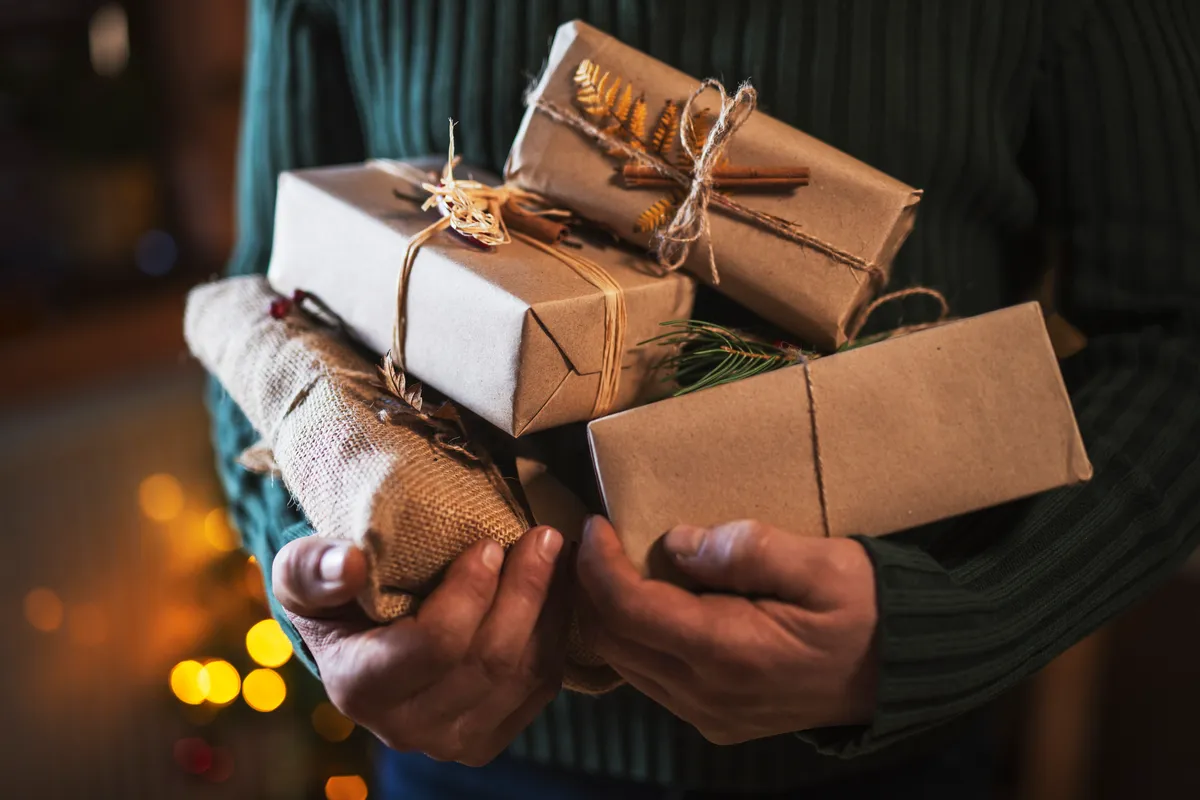
Main image: Have yourself a sustainable little Christmas. © Alex/Getty.
